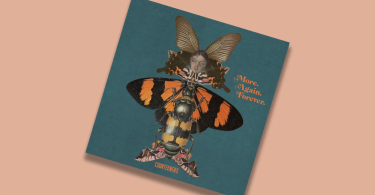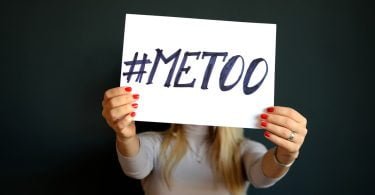David Cameron has announced that starting from October music videos online will carry an age classification.
David Cameron has announced that starting from October music videos online will carry an age classification. The government are piloting the scheme, working alongside YouTube, Vevo and the British Board of Classification, in an aim to protect children from “graphic content” online.
For children growing up in the internet age there are many concerns over the dangers of adult content which is classified elsewhere, but is difficult to enforce online. While parents should be responsible in taking action to protect their own children, it is considered that there should be more rules governing online content.
The Prime Minister has said that they will be helping parents to protect their children by piloting the age rating of music videos online. He said that the internet should not be treated as a lawless space, and must adhere to the normal rules of society. If you are buying music content offline it carries an age rating, and this should be recreated on the internet.
Why do we need to classify music videos?
In recent years there has been an increasing amount of controversy surrounding the content of some music videos. It seems that artists will go to extreme lengths to have their videos noticed – even if this is not for the right reasons.
To name but a few, Lady Gaga, Miley Cyrus and Robin Thicke have all received complaints over scenes of nudity or violence in their videos. The ‘Blurred Lines’ video even came under fire with accusations of glamorising the rape of young women.
There are countless music videos that rely on sexually provocative content and nudity. If these same images were to appear in a film or other medium then it would be subject to an age rating to protect young viewers, so why should music videos be treated any differently?
More than just a parental issue
The concerns raised over music videos extend beyond protecting young viewers. In many of the examples discussed there is cultural concern over sexual and racial stereotyping.
In Thicke’s video and many others like it, there is a prevalent problem with women not being treated as respected equals. They are scantily dressed (or just plain naked) seen dancing around the male artists or being treated as an object of their success. This blatant sexualisation can be seen to contribute to a culture that undermines the role of women.
We are bombarded with demeaning images on a daily basis, and I have to question why there would be a place for it within the music industry. Music videos should be a representation of an artist and their music. They are not a medium to parade sexualised images of women (and neither should any such medium exist!).
There is a bigger picture of social inequality that needs to be addressed, yet the media continually contributes to the problem. Censoring music videos is just the beginning of taking action against harmful content.
What do you think of the decision to rate online music videos? Have your say in the comments below!








